Home

Shivlingi Beej: The Ultimate Guide to Boosting Your Fertility Naturally
In this Article
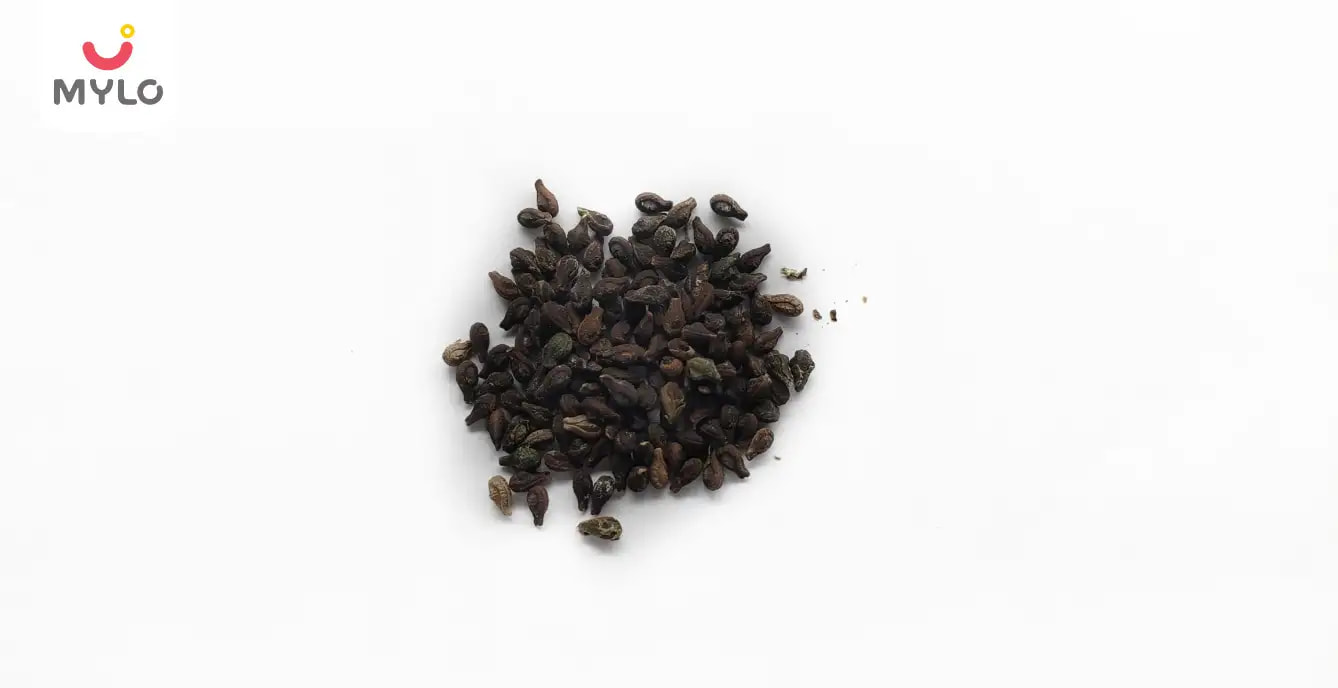
Getting Pregnant
Shivlingi Beej: The Ultimate Guide to Boosting Your Fertility Naturally
Updated on 13 June 2023
Shivlingi Beej, also known as Putranjiva roxburghii, is an Ayurvedic herb that has been used for centuries to boost fertility and support reproductive health. This herb is native to India and is popularly known for its ability to improve female fertility.
In this article, we will discuss the various uses of Shivlingi Beej, how to incorporate it into your daily diet, and whether or not there are any side effects to be aware of.
What is Shivlingi Beej?
Shivlingi is a herb that grows in the Indian subcontinent. It is a small tree with green leaves and yellow flowers. The seeds of this tree are used in Ayurvedic medicine for their various health benefits. Shivlingi seeds are oval-shaped and have a hard outer shell. They are typically consumed in powdered form or soaked in water overnight before being consumed.
Shivlingi Beej Uses
Shivlingi is a medicinal plant that has been used for centuries in Ayurvedic medicine for its various health benefits. The seeds of the plant have been traditionally used to treat infertility in both men and women. Shivlingi Beej is also known to improve the overall health of the uterus and regulate menstrual cycles too, additionally, it is used in the treatment of respiratory disorders, cough, and asthma.
1. Regulates menstrual cycles
Shivlingi Beej is known to regulate menstrual cycles and improve overall reproductive health. This herb can help to balance hormones and support the regular release of eggs. Women who struggle with irregular menstrual cycles or have been diagnosed with PCOS (polycystic ovary syndrome) may benefit from incorporating Shivlingi Beej into their daily routine.
2. Nourishes the uterine tissue
Shivlingi Beej is also believed to nourish the uterine tissue and promote healthy growth of the endometrial lining. This can be especially helpful for women who have experienced issues with implantation or have been diagnosed with thin endometrial lining.
You may like : Endometrial Polyp and Pregnancy: How Uterine Polyps Can Affect Your Chances of Conception
3. Corrects hormonal imbalance
Hormonal imbalances can have a significant impact on reproductive health. Shivlingi Beej can help to correct hormonal imbalances, such as high levels of prolactin or low levels of progesterone. This herb can also help to improve the quality of cervical mucus, which is essential for sperm to successfully fertilize an egg.
4. Works as an aphrodisiac
Shivlingi Beej is believed to have aphrodisiac properties, which can help to improve libido and sexual function. This may be especially helpful for couples who are trying to conceive and are experiencing issues with sexual dysfunction.
5. Improves testosterone levels
Shivlingi Beej is not just beneficial for female fertility. It is also believed to improve testosterone levels in men. This can help to improve sperm count and motility, as well as support overall reproductive health.
You may like: Sperm Motility and Male Fertility: What You Need to Know
How to Incorporate Shivlingi Beej into Your Daily Diet?
Now that we know the various Shivlingi Beej uses, let’s understand how to incorporate this herb into our daily diet. Shivlingi can be consumed in a variety of ways.
1. Powder
The most common way to consume this herb is in powdered form. The powder can be mixed with water, honey, or milk and consumed once or twice a day. Some people prefer to soak the seeds in water overnight and consume them in the morning on an empty stomach.
2. Tea
Shivlingi Beej can also be consumed as a tea. Simply add a teaspoon of the powdered herb to a cup of hot water and let steep for several minutes. The tea can be sweetened by adding honey or sugar to taste.
3. Seasoning
Another way to incorporate Shivlingi Beej into your diet is by adding it to your meals. The powdered herb can be sprinkled on top of salads or mixed into soups and stews. It can also be added to smoothies or used as a seasoning for roasted vegetables and meats.
You may like : Ashwagandha Benefits for Female Fertility & Male Fertility: How This Ancient Herb Can Help You Conceive
FAQ’S
1. What is Shivlingi used for?
Shivlingi Beej is primarily used for its fertility-boosting properties. This herb is especially helpful for women who have been diagnosed with infertility or have struggled to conceive. However, it can also be used for digestive issues, blood pressure and healthy liver function.
2. Is there any side effects of Shivlingi?
While Shivlingi Beej is generally considered safe for consumption, there are some potential side effects to be aware of such as upset stomach or diarrhea. Similarly, women who are trying to conceive should only consume this herb during the follicular phase of their menstrual cycle and should avoid it during the luteal phase.
Closing Thoughts
Shivlingi is a powerful herb that can help to boost fertility and support reproductive health. This herb has been used for centuries in Ayurvedic medicine and is now gaining popularity in the Western world. If you are struggling with infertility or simply want to support your reproductive health, consider incorporating Shivlingi Beej into your daily routine.



Written by
Anandita Sharma
Drawing on more than a decade of expertise in administration, Anandita Sharma currently serves as a content operations e
Read MoreGet baby's diet chart, and growth tips

Related Articles
Related Topics
RECENTLY PUBLISHED ARTICLES
our most recent articles
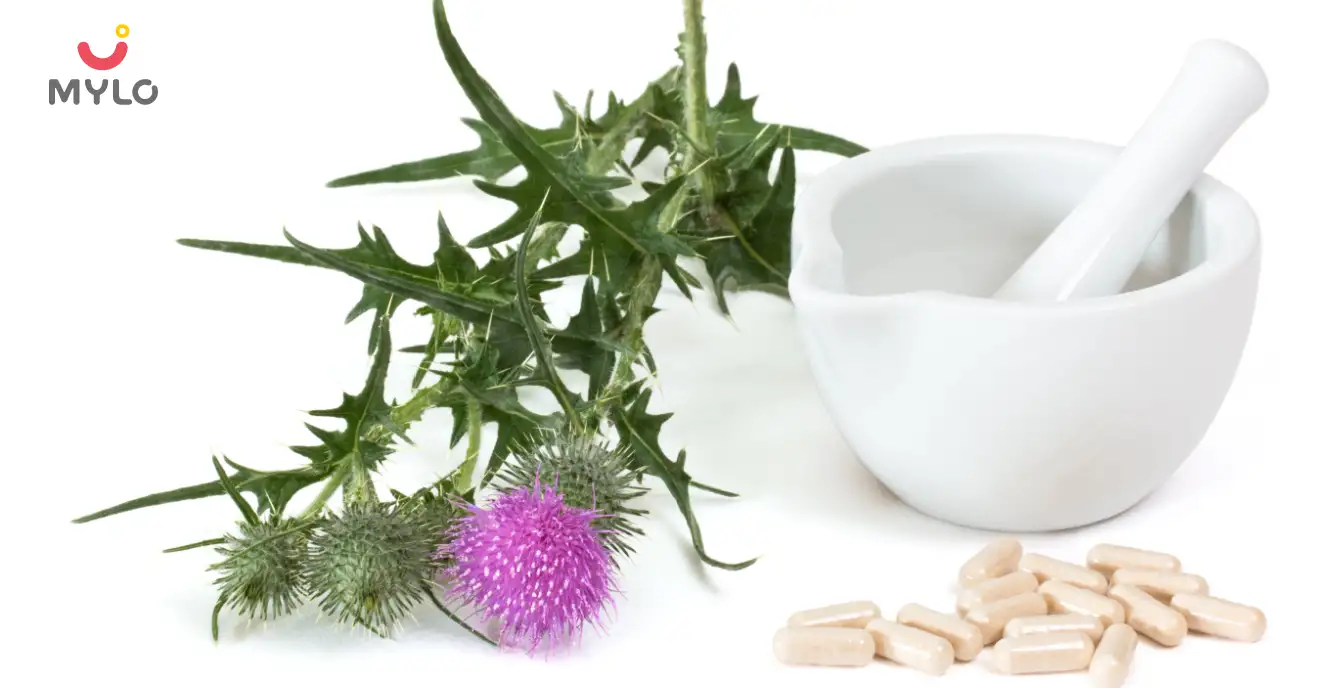
Ayurveda & Homeopathy
Milk Thistle in Ayurveda: Unlock The Healing Potential and Health Benefits of This Herb
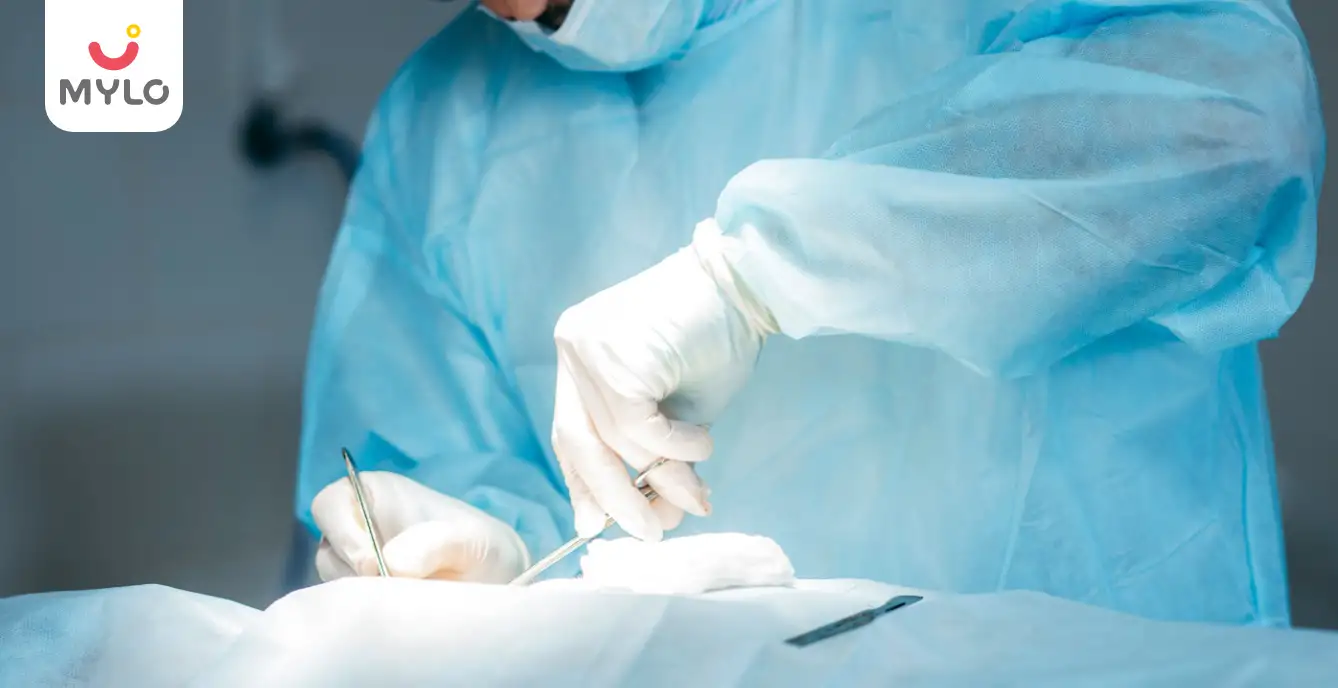
Medical Procedures
Orchidopexy: All You Need to Know About Its Procedure, Risks, and Recovery
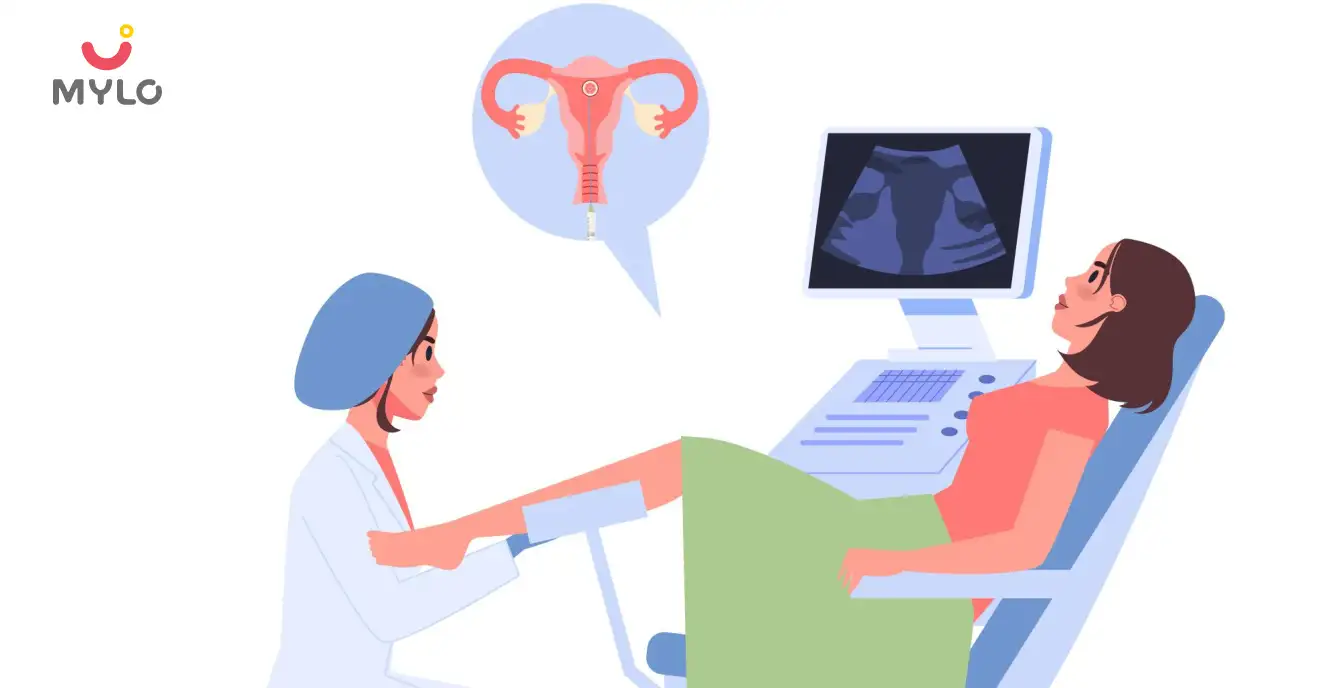
Reproductive health
Transvaginal Ultrasound: A Non-Invasive Tool for Early Detection of Reproductive Health Issues
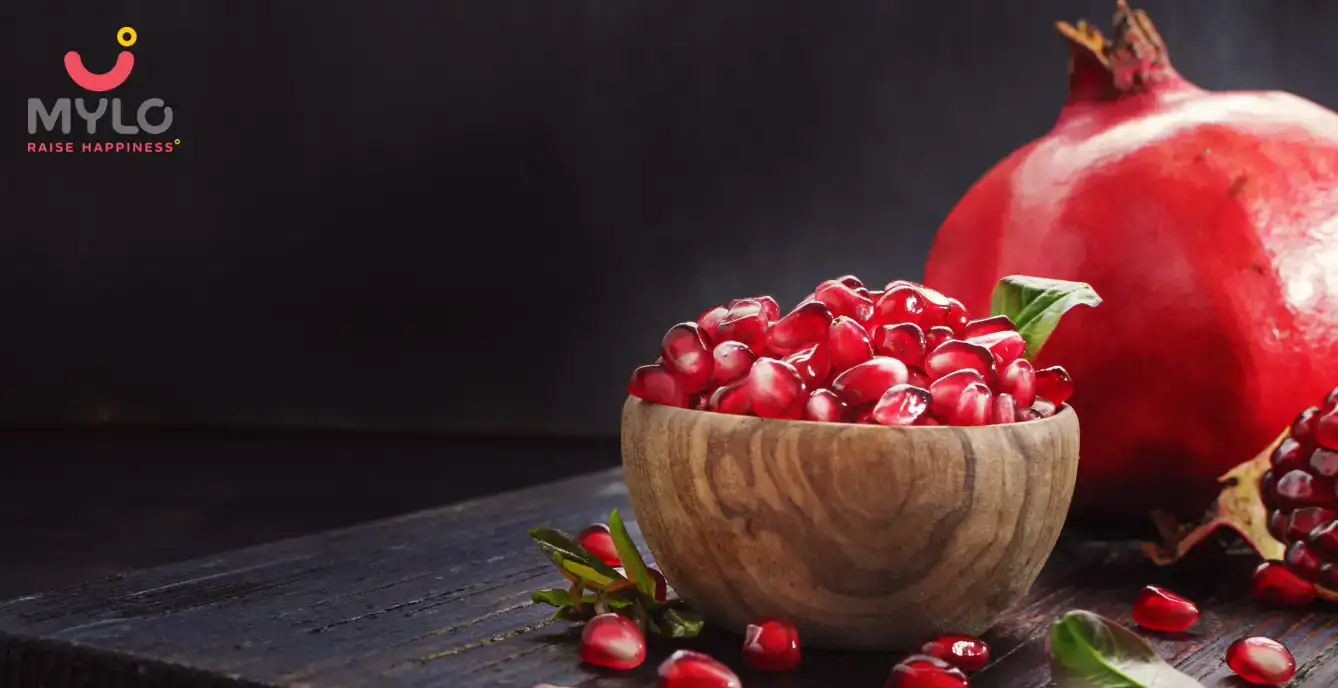
Diet & Nutrition
New Mom Diet Plan – Month 11 Week 42

Male Infertility
Ejaculatory Duct Obstruction: How It Affects Male Fertility and What You Can Do About It
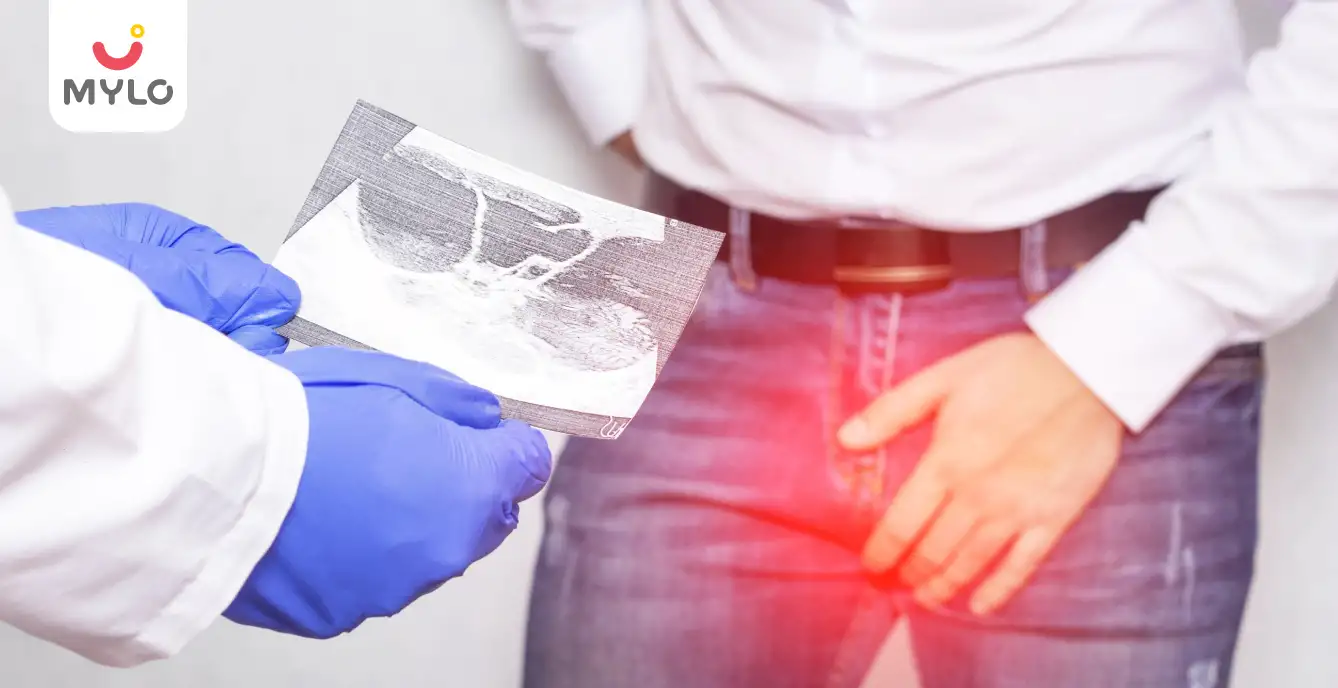
Testicular Ultrasound: What You Need to Know About the Procedure and Its Benefits
- Symptoms of Low AMH to Watch Out For: A Health Alert for Women Trying to Conceive
- Hysteroscopy: Everything You Need to Know About This Minimally Invasive Procedure
- Dalchini: How This Herb Can Make Way From Your Spice Rack to Your Medicine Cabinet
- Fenugreek Powder: Health Benefits of Fenugreek From Your Kitchen to Your Medicine Cabinet
- Moringa Powder: The Superfood You Need in Your Diet for a Healthy Lifestyle
- Genital Herpes: Causes, Symptoms, Risks & Treatment
- Ashokarishta: All You Need to Know About This Miracle Tonic for Women
- 10 Amazon Prime Movies to Look Forward to in 2023
- 10 Best Netflix Movies to Watch Out For in 2023
- Fertility Yoga: A Natural Solution to Boost Your Chances of Conception
- How to Get Regular Periods Naturally: Ayurvedic Herbs, Lifestyle Changes & Homeopathy
- Lodhra: The Wonder Herb for Women's Health
- Malabsorption Syndrome: Types, Causes, Symptoms, & Treatment
- Top 10 Short Bedtime Stories for Kids


AWARDS AND RECOGNITION

Mylo wins Forbes D2C Disruptor award

Mylo wins The Economic Times Promising Brands 2022
AS SEEN IN
















- Mylo Care: Effective and science-backed personal care and wellness solutions for a joyful you.
- Mylo Baby: Science-backed, gentle and effective personal care & hygiene range for your little one.
- Mylo Community: Trusted and empathetic community of 10mn+ parents and experts.
Product Categories
baby carrier | baby soap | baby wipes | stretch marks cream | baby cream | baby shampoo | baby massage oil | baby hair oil | stretch marks oil | baby body wash | baby powder | baby lotion | diaper rash cream | newborn diapers | teether | baby kajal | baby diapers | cloth diapers |




